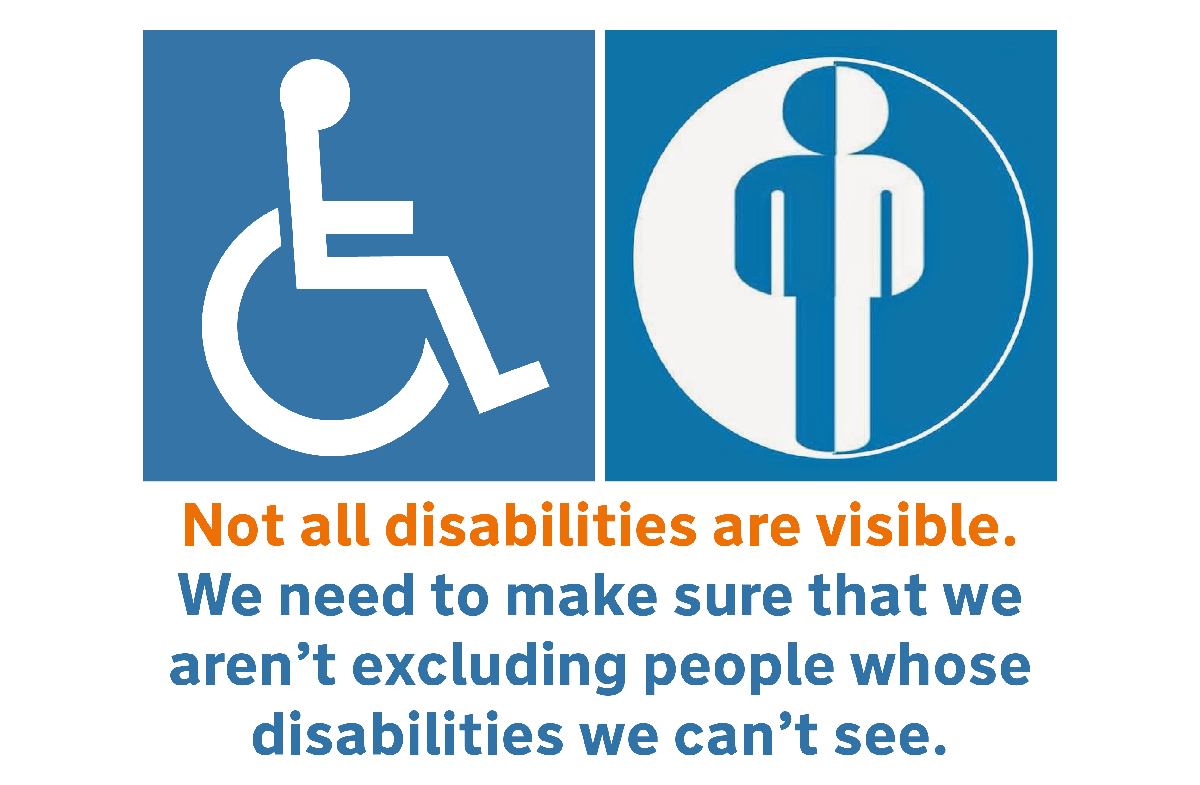This content is limited for members only
Within our member-only pages we provide a wide range of useful information resources including:
- Recordings of our talks
- Presentations
- Academic research papers
- Case studies
- Guidance on standards and good practice
- Project opportunities
Join the SDS today to access our priviliged member-only information.
SDS members and other registered site users: to choose, renew or change your membership plan, please sign in to your account then select the ‘renew/change your membership plan’ option under your account name in the navigation bar.

